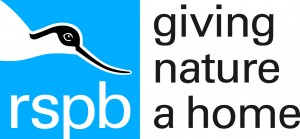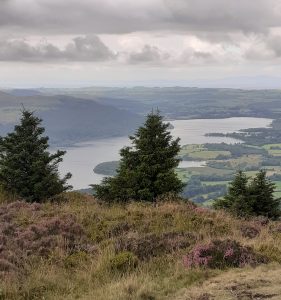Welcome to the Lake District Osprey Project website
Please note that the osprey viewpoints at Forestry England Dodd Wood are currently unmanned. Visitors are welcome to explore the forest, but we advise you to bring your own optics if you wish to fully enjoy the wide range of wildlife which call the area home.
Following the successful natural recolonisation of ospreys to the area in 2001, the Lake District Osprey Project has monitored this magnificent species, sharing news and updates with enthusiasts worldwide. Whilst a mating pair has returned to the area for the 2023 season they have nested on private land. As such we are unable to comment on the nest site at this time.



